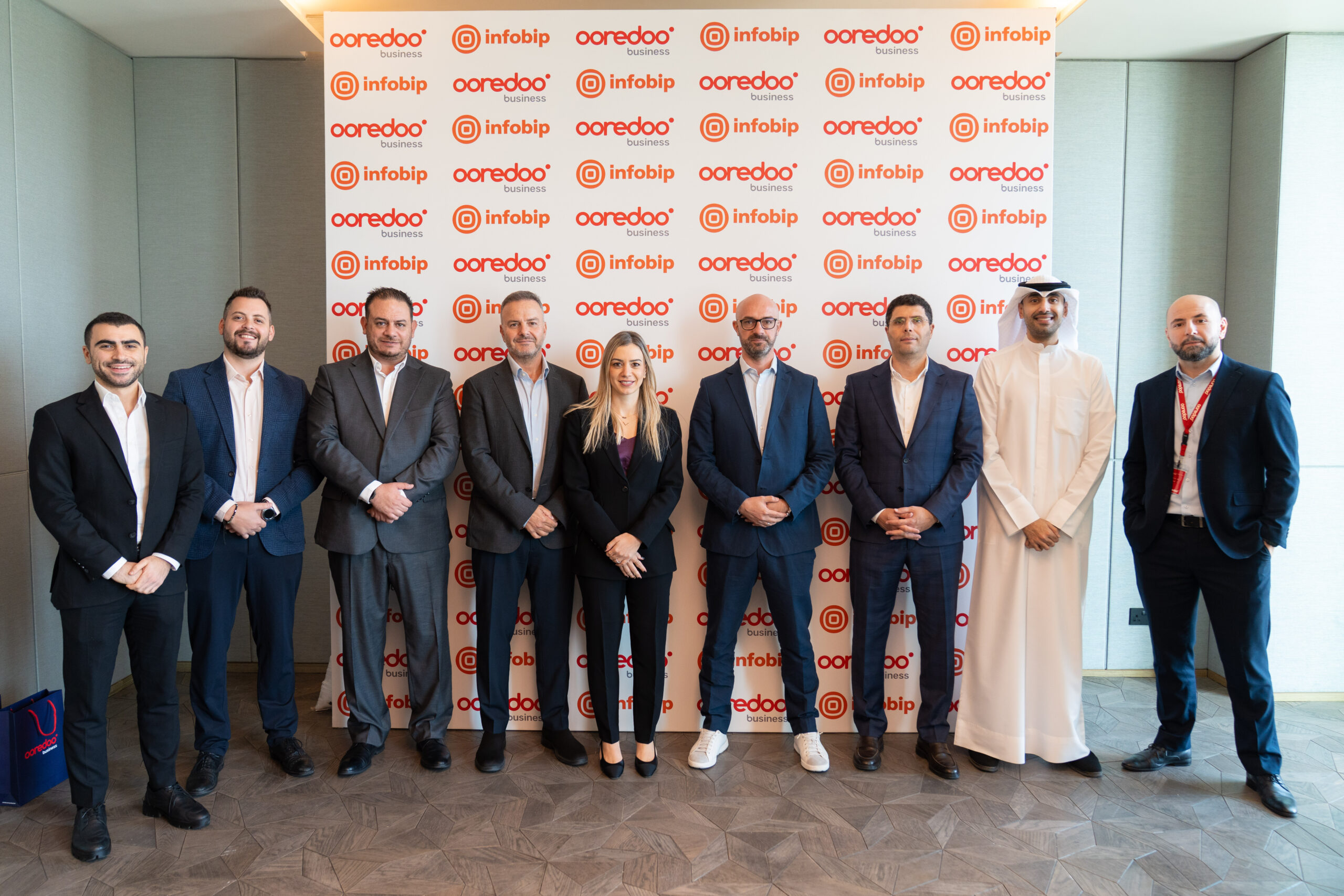The recent escalation in global trade tensions, particularly among major economies, is more than just another chapter in economic diplomacy. It reflects deep structural shifts in the global trade order. Stock markets are wavering, investors are recalibrating risk models, and supply chains are once again under pressure.
It also confirms what many of us in policy and entrepreneurship have long suspected: the multilateral trade framework—once a pillar of global economic stability—is struggling to keep pace.
The model underpinning trade for decades was built for a more predictable era—one where cooperation outweighed confrontation, and trade disruptions were episodic rather than systemic. Today, however, we are in a constant state of recalibration, driven by geopolitical tension, regulatory divergence, and market fragmentation.
by Sheilah Birgen, Director, Innovation Driven Markets at Digital Cooperation Organization (DCO)
What This Means for Startups
Startups—lean, fast-moving, and globally connected—are particularly exposed.
We have seen this before. During the COVID-19 disruption, early-stage businesses were hit hard: logistics collapsed, demand became erratic, and investor confidence waned. Yet many adapted. Supply chains were reimagined, local sourcing was embraced, and digital platforms became vital lifelines. Those lessons have never been more relevant.
In the current climate, startups dependent on complex international supply chains, cross-border expansion, or sensitive export markets may face fresh compliance hurdles, tariff exposure, and cost pressures. For those eyeing growth in highly regulated or politically volatile markets, the barriers are rising—from product labelling to ESG requirements and data localisation rules.
On the investment side, uncertainty may lead to caution, especially from foreign investors assessing risk-return ratios in emerging or externally exposed ecosystems. Yet this also creates space for value propositions built on resilience, clarity, and regional strength.
Turning Friction into Opportunity
This is not merely a warning—it’s a window of opportunity.
Digitally connected markets and innovation ecosystems that demonstrate agility, neutrality, and regulatory transparency can position themselves as reliable partners in a world seeking alternatives. As global companies and investors reconsider supply chains and investment destinations, they are searching for locations that offer stability without stagnation and openness without overexposure.
This is where Digital Foreign Direct Investment (DFDI)—an initiative championed by the Digital Cooperation Organisation (DCO)—comes into focus.
Unlike traditional FDI, which often depends on heavy infrastructure and long lead times, DFDI is agile, asset-light, and geared towards innovation rather than extraction. It allows capital to flow into software, platforms, and talent without being constrained by physical trade routes or hardware dependencies.
When paired with sound policy and entrepreneurial support, DFDI offers a tangible path forward for ecosystems navigating global volatility.
Reimagining Trade Architecture
The time has come to move beyond traditional trade instruments. We must ask:
· What does a startup-friendly, resilience-oriented trade policy look like in 2025 and beyond?
· How do we create digital corridors that empower startups to scale and attract capital—even when physical trade flows slow?
· Which regulatory frameworks can provide a dependable foundation across diverse jurisdictions?
We’re not starting from zero. Frameworks are emerging to fill these gaps. The challenge now is accelerating adoption, strengthening regional alignment, and providing credible alternatives to outdated models.
A New Narrative for Startups and Policymakers
Startups that succeed in this landscape will embrace a “pitch shift”—reframing themselves not as vulnerable actors in a fragmented system, but as contributors to the solution: resilient to shocks, integrated into trusted networks, and designed to thrive in a digital-first, policy-savvy economy.
Policymakers, investors, and enablers must work together to co-create new models—through supportive regulation, strategic collaboration, and forward-looking investment.
What SMEs Need to Do Next
Small and Medium Enterprises (SMEs)—which represent the backbone of most economies—are at the centre of this challenge. But they also hold the keys to long-term resilience, if they take the right strategic steps:
Localise Where Possible, Regionalise Where Strategic
Relying on lengthy, tariff-prone supply chains is no longer sustainable. SMEs should explore sourcing, partnerships, and market entry within regional networks or trusted trade blocs, where friction is lower and policies better aligned.
Digitise, Not Just Automate
Digital transformation goes beyond tools—it is about strategy. SMEs must invest in platforms that boost visibility, agility, and customer access—from digital payments to cross-border e-commerce infrastructure.
Understand and Navigate Compliance
Tariff shifts often bring regulatory ripple effects—from customs classifications to ESG and data standards. SMEs require better access to compliance support and policy briefings. Engagement with local chambers of commerce, DCO networks, and innovation hubs can reduce blind spots.
Rethink Investment Readiness
In a high-risk environment, investors are becoming more selective. SMEs seeking capital must position their models as tariff-resilient, regionally integrated, and digitally strong. Demonstrating how a business is insulated from volatility could be a defining advantage.
Conclusion: Resilience Through Reinvention
We are entering a new trade era—not broken, but undeniably redefined.
In this moment of uncertainty, those who adapt will lead. And those who facilitate adaptation—through innovation, collaboration, and strategic design—will shape the next economic chapter.
We must rethink not only what we trade, but how we remain resilient when trading becomes complex.
The global marketplace increasingly resembles a chessboard more than a bazaar. Advantage belongs to those who move early, align wisely, and position with intent.
SMEs and startups cannot wait for stability—they must build it. Through innovation, engagement, and bold adaptation.
And those of us in global cooperation must do the same—opening trade corridors where others see dead ends, and uncovering opportunity where others see only risk.
Because resilience is no longer optional—it is the new currency of open markets. And for many, the stakes are not just economic—they’re existential.









